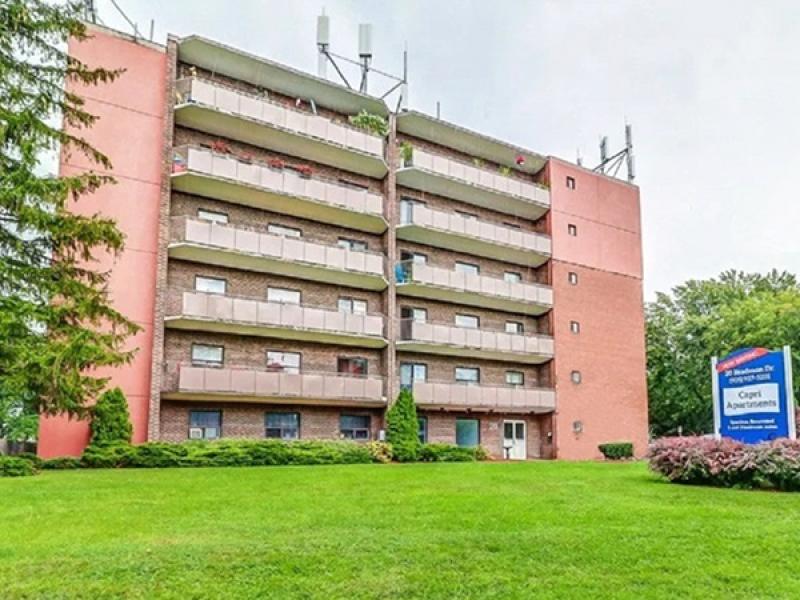In theory, it’s pretty simple — a property’s assessment is based on its size, attributes, intended usage and local market conditions.
 But sometimes, a property has restrictions placed on what it can be used for. The most common are, of course, municipal zoning — e.g. residential versus commercial purposes, height restrictions and the like.
But sometimes, a property has restrictions placed on what it can be used for. The most common are, of course, municipal zoning — e.g. residential versus commercial purposes, height restrictions and the like.
Other times, a property may be restricted in terms of when any form of development can proceed.
This is common in suburban property development scenarios. Based on a formula, the municipality may require the developer to reserve a block of land for new services the growing community may need.
One example is a new school. This restriction can be in force for years before development does proceed, or until the restriction is lifted so the developer can do something else with the property.
In these instances, the developer is stuck with the costs of holding and servicing a property that can’t be used for anything, for years at a time.
A test of fairness
This raise a valid question: Does the property’s assessed value reflect the market reality?
If the use of a property is restricted for a period of time, the property’s assessed value, and its property taxes levied against it, should be reduced. Land that can’t be used now has much less value than the same land down the road.
Another example is a brownfields site, such as an old gas station. The property may be in an excellent location for a new commercial venture, and zoned accordingly. But until that old petroleum mess is cleaned up, the property may be, for all intents and purposes, almost worthless.
As a property owner, it’s only in the best interests of your bottom line to appeal your property assessment if you find yourself in this sort of situation. If you own a property that has its use restricted for a period of time, and it’s assessed at a value comparable to a similar property next door that can put shovels in the ground tomorrow, you have excellent grounds for an appeal.
The cheque is in the mail
I recently completed one case with a client who was in this very situation. We mounted a formal process with the Municipal Property Assessment Corp. (MPAC), which is responsible for preparing property assessments and assisting Ontario municipalities with the calculation of property taxes.
It’s taken about a year — that’s just the nature of the beast. But we were recently successful. The property owner can now expect a retroactive rebate cheque in the mail.
That’s to refund the property taxes that were paid based on what we established was an inflated assessed value, given the timing restrictions that were in force.
But does an appeal make financial sense?
Mounting an assessment appeal, with the support of experts such as myself and outside legal counsel, takes time and money and no shortage of patience. But if the gap between what your tax bill is and what it should be is great enough, it’s well worth the effort.
Why pay more money than you need to on servicing land that can’t be used to generate wealth? If you don’t act, it’s like asking your CFO to subsidize your competition.
On the other hand, the potential gain sometimes just isn’t worth the expense of fighting the good fight. Consult with experts in real estate law and property valuation to determine your best move.
To discuss this or any other valuation topic in the context of your property, please contact me at jclark@regionalgroup.com. I am also interested in your feedback and suggestions for future articles.







